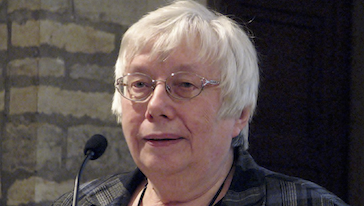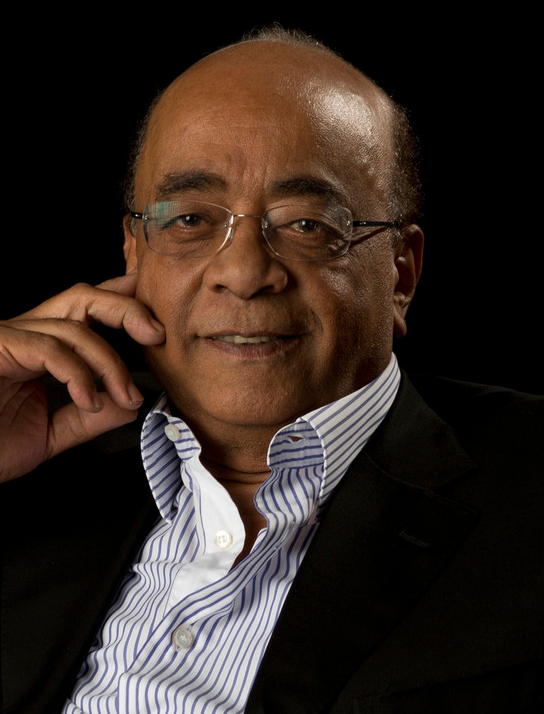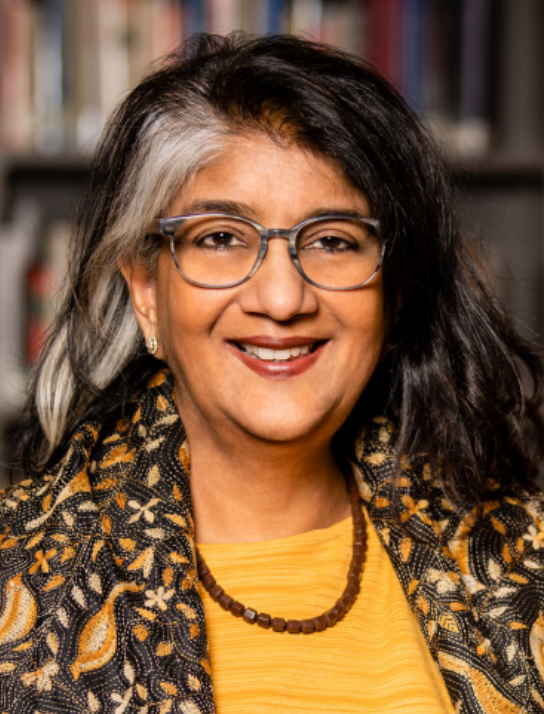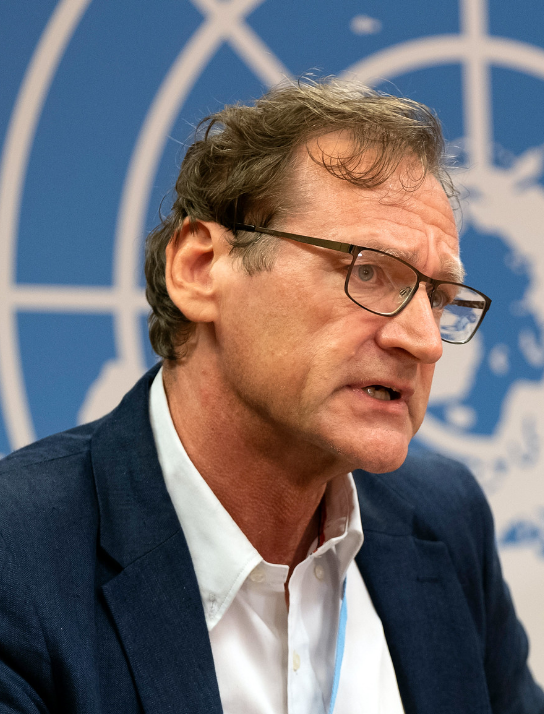In today’s world, new digital tools and the global reach of social media platforms have brought along a transformation of lifestyles: we order goods and services by a few clicks in an app, we rely on GPS to take us home, we prefer online sources to newspapers, and we rely on instant messages and social media to keep up with the lives of relatives, colleagues and friends. This requires us to be constantly available online, ready to receive and make sense of endless flows of information. We have come to lead our entire lives online and this has made us vulnerable.
While the perils of information age have been known for a long time, recent debates have focused on the viability of democracy in an age where everyone can easily create and disseminate information on a mass scale. The problem of “post-truth” is aggravated by the borderless world of the internet and the global reach of social media platforms. Democratic societies have limited tools to counter the threats posed by disinformation, lies and propaganda. How to control the spread of disinformation without restricting democratic principles? How to distinguish between trustworthy and non-trustworthy sources of information? How to ensure that people, the supreme sovereign, base their political decisions on information that bears at least some semblance to reality?






